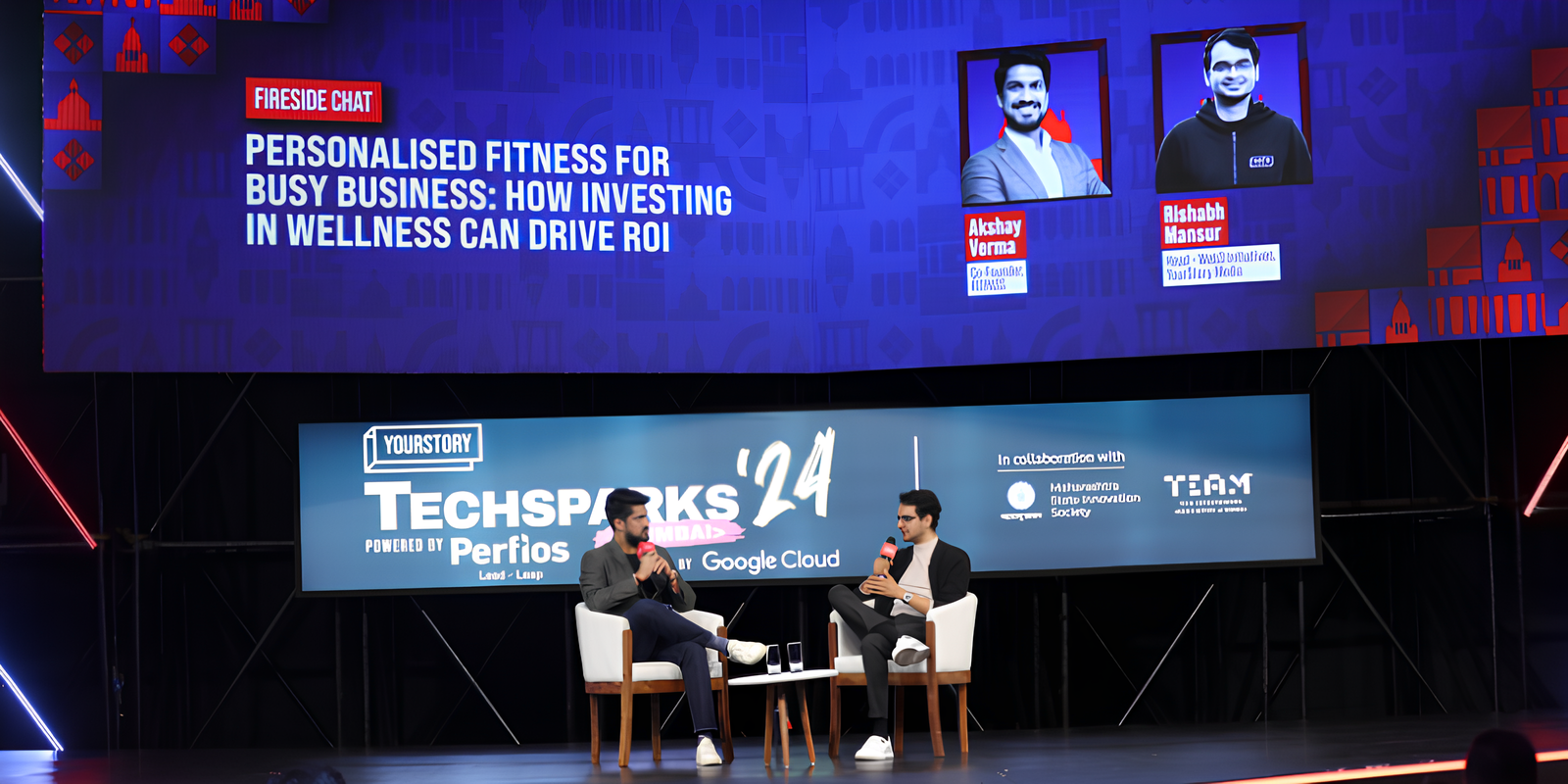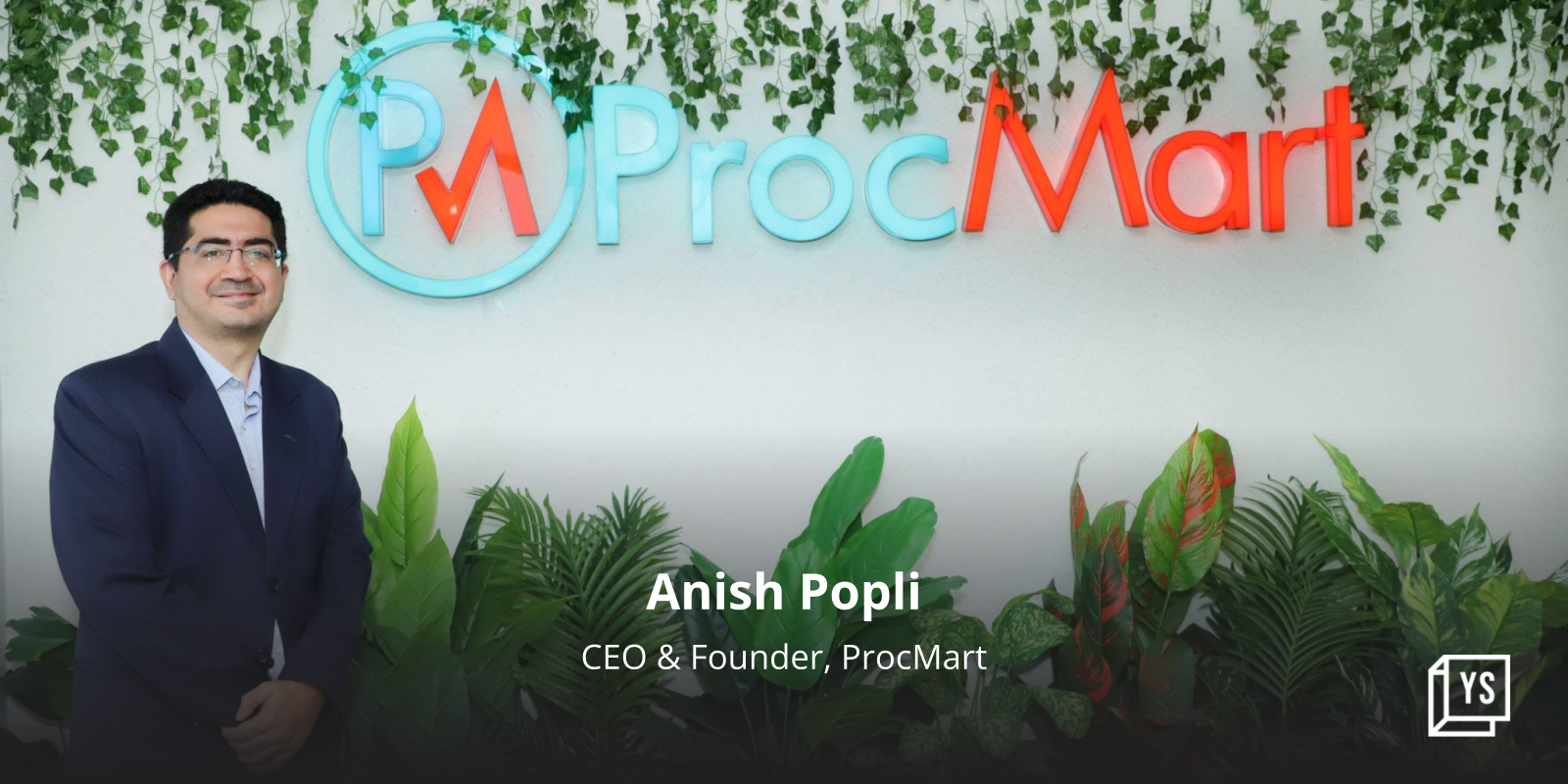The Dailyhunt-OneIndia deal – the sense and sensibilities behind it
This year is turning out to be a hot one for content in India. A number of news sites have started up or have been announced this year and global ones like Vice are making their India entry. On Monday, Verse Innovation’s news aggregator app DailyHunt acquired a 15 percent stake in Greynium Information Technology, the publisher of local language content portal Oneindia. DailyHunt was formerly known as NewsHunt.
The size of the deal was undisclosed, though the amount is reported to be in the range of Rs 15-20 crore. The funding will be used to expand OneIndia’s foray into video and audio content. DailyHunt will also use its reach to distribute the video and audio content developed by OneIndia.
Outside funding
OneIndia has been self-funded so far. So what made Mahesh go in for funding now? "I was looking for a strategic investment from a company to whom I do not have to explain much and who already understands the importance of the vernacular," said B G Mahesh, Founder of OneIndia, over a call to YourStory. “The answer to the question ‘why DailyHunt?’ would be that our foundation is the same — Indian languages. With their platform, OneIndia will reach the corners of the country, which we could not do earlier. No other player will understand our DNA better.”
Apart from OneIndia, Greynium also runs sites like ThatsCricket, FilmiBeat, CareerIndia, Gizbot, DriveSpark and Boldsky. The company claims to have a reach of 35 million unique visitors and 500 million page views a month. It publishes content in English, Hindi, Tamil, Telugu, Kannada, Malayalam, Bengali, Gujarati and Marathi and across genres such as lifestyle, entertainment, technology, automobiles, travel, personal finance and education.

With video content becoming important—most online platforms including social media behemoth Facebook are investing heavily in video—OneIndia too will invest in this area. Mahesh said that while podcasts failed when they first came in seven to eight years ago, the scenario is very different today.
“Now it’s the video format that the public demands and no player has forayed into this segment yet. We aim to fill this gap and bring good quality videos across all the genres that we cover. Ample opportunities lie in the content space but companies need to understand the market and what the consumers demand,” Mahesh said.
For Dailyhunt the synergies were obvious. “The deal is aligned to Dailyhunt’s vision of providing top-notch content spread across local languages and multiple genres in India. We intend to leverage Greynium’s strengths in content creation, expanding to video content going forward on our platform to further augment our position as the destination of choice for a vernacular user,” said Virendra Gupta, Founder and CEO of Verse Innovation.
Dailyhunt was founded by ex-Nokia employees Umesh Kulkarni and Chandrashekhar Sohoni in 2009. Later, in 2011, it was acquired by entrepreneur Virendra Gupta. With more than 200 employees, the company had raised Rs 120 crore in 2015 from investors including Matrix Partners, Omidyar Network and Sequoia Capital India. Dailyhunt claims its app currently has 120 million downloads and 26 million monthly active users.
The app is currently available in Hindi, Malayalam, Kannada, Tamil, Telugu, Marathi, Bengali, Gujarati, Urdu, Oriya andPunjabi. Recently, the Bengaluru-based firm added a number of features on its app. Readers can now access articles even in the offline mode, though they need to be saved first. Also, readers can turn off images, making browsing easier, especially for slower networks.
In the Indian market, Dailyhunt is currently competing with startups like InShorts, which is backed by Tiger Global. InShorts, founded by Azhar Iqubal, Anunay Arunav of IIT Delhi, and Deepit Purkayastha of IIT Kharagpur in 2013, has so far raised more than $25 million and has crossed the one-million download mark on Google Play. However, InShorts is available only in English and Hindi. The newspapers that Dailyhunt aggregates its content from are also competitors.
Online content and monetisation
The funding comes at a time when content platforms globally are facing questions regarding monetisation and the impact of ad-blockers along with the increasing dominance of Facebook in content distribution. In India, apart from these challenges, there are specific issues revolving around local language content. While the potential market is huge, it is still unproven, and monetising this user base is still a work in progress. Issues of network connectivity add to the challenges.
OneIndia, which was founded by Mahesh in 2006, has also faced these issues in the past decade. Over a call with YourStory, Mahesh said that monetisation in this sector is difficult, especially for the smaller players.
“Until the content provider brings super specialised content, consumers in India will always be reluctant to pay. Though subscription models and paid content have worked in western countries, they are facing major roadblocks in India, where readers are ready to pay only for unique content,” said Mahesh.
“Over the past years, the sector has definitely grown, but yes, it does have humongous scope in the next few years. Earlier, 85 percent of our traffic used to come from outside India, but now only 35–45 percent of our traffic comes from outside while the rest comes from within the country. This clearly shows the growth,” he added.
A potential solution to the monetisation issue for online content publishers is micropayments. Readers can pay a small amount for each article accessed on a site. A Canadian newspaper Winnipeg Free Press introduced a pay-per-article fee of 27 cents and the experiment seems to be working. Blendle, a Dutch online news aggregator, also charges a similar amount per article. However, larger publications have not yet experimented with such a model. Indian media, especially, has been averse to charging readers for online content. Will micropayments come to the rescue?











